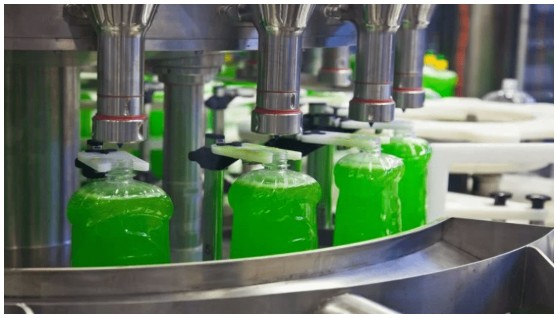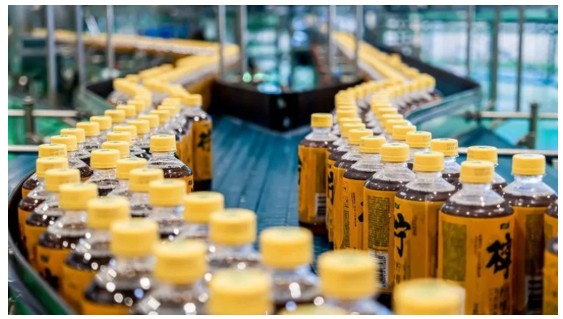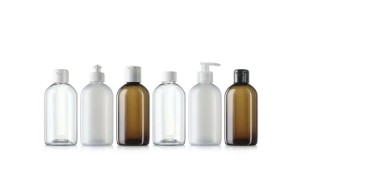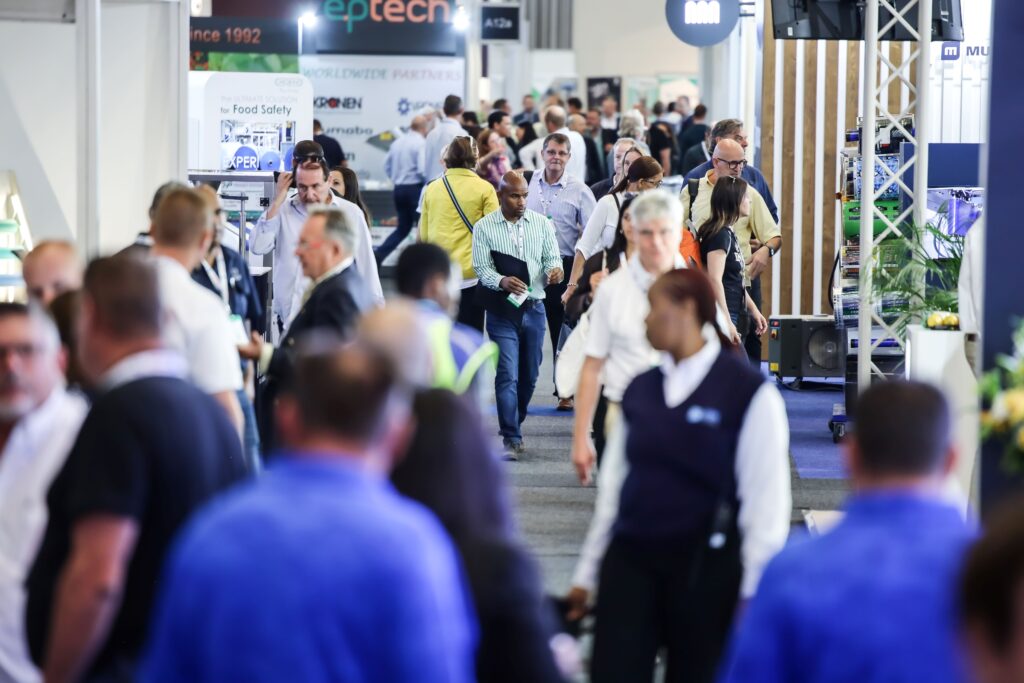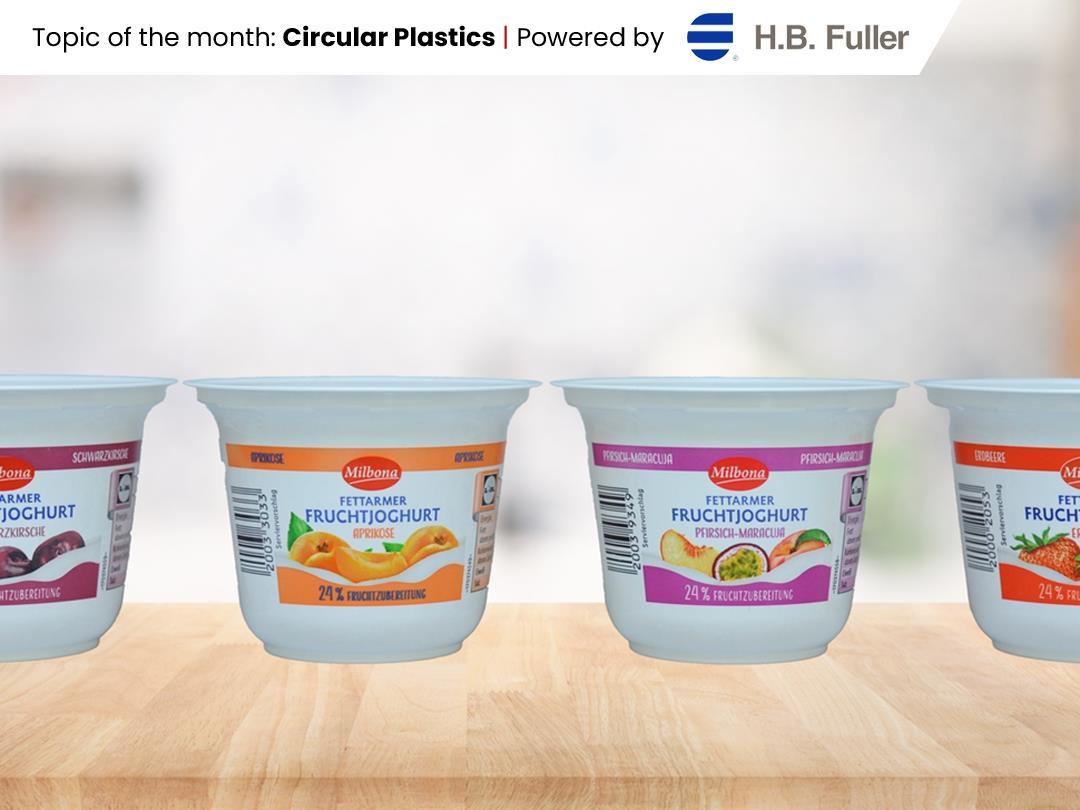SOUTH AFRICA – University of Portsmouth has embarked on a pioneering scheme to reduce illegal waste dumping and increase plastic recycling in South Africa.
The project, which is funded by the Waste Resources Action Programme (WRAP) and UK Research and Innovation (UKRI), will see a team from the University of Portsmouth working alongside locals in KwaMhlanga (Mpumalanga) and the wider region.
The University will also work with the region’s Department of Agriculture, Rural Development, Land and Environmental Affairs (DARDLEA) and WasteAid – an international organization that works with communities around the world to build circular waste and recycling systems to benefit current and future generations.
The aim is to reduce the illegal dumping of plastic waste, increase recycling rates and understand why there is a lack of knowledge and resources for waste collection, to stimulate a market for recyclable materials.
Dr. Cressida Bowyer, Deputy Director of the University’s Revolution Plastics program is a leading expert in using creative methods to change human behaviors around waste and pollution.
During her trip, to learn waste management practices, she met with local artists and musicians, who will co-design and produce murals, street art, music and recycling interventions.
The University will work with these South African creatives to develop arts-based behavior change campaigns to drive improved collection, separation, sorting, and recycling of plastics at the household level.
The locations of the interventions to improve recycling rates in Mpumalanga have already been identified following community meetings with the traditional local Chief, Municipality ward Councillor and residents.
Reflecting on her visit to Mpumalanga, Dr. Bowyer explains the problem she saw: “The area is characteristic of many underserved regions when it comes to plastic waste collection and recycling.
“ Some waste is taken to the municipal landfill site if transport is available and the motivation is there.
“The waste is very mixed, with no separation into recyclables and non-recyclables – plastic nappies are really common. Informal waste workers pick through and reclaim uncontaminated high-value plastic waste. The remainder is often either burned or buried when the volume becomes problematic.”
Dr. Bowyer is hopeful that her team can help locals in Mpumalanga achieve a 70 percent recycling rate for plastic by 2025, a goal set by South Africa’s Plastics Pact.
Source:


